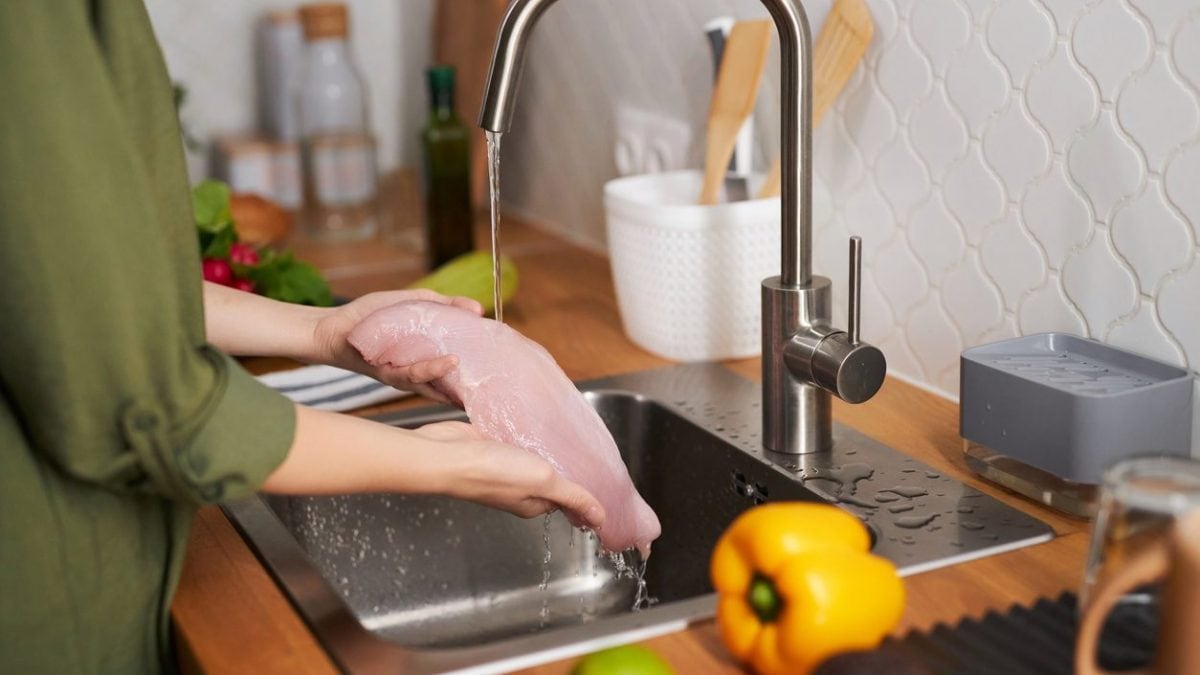
Cooking and hygiene are inextricably linked: paying attention to cleanliness while cooking is important to avoid risks, especially bacterial contamination. Be careful, though, because in some cases, overdoing this is also a bad idea. For example, how many times have you instinctively turned on the faucet and washed every ingredient before cooking? In some cases, it's actually useful or essential—for example, when buying fresh fruit and vegetables —but sometimes it can ruin the food and recipes. Some foods should never be washed before cooking, some because they could lose all their flavor, and others because you could have the opposite effect, encouraging the growth of germs and bacteria instead of preventing them. Which ones are they? Here are all the foods that should never be washed before being cooked, served, and enjoyed.
1. Meat and Fish
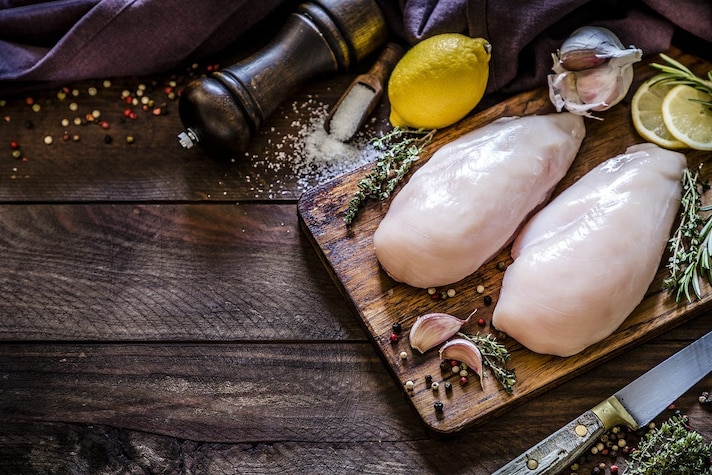
Washing fish and meat, whether white or red, when they're still raw is one of the biggest mistakes you can make in the kitchen. Why? There are two reasons why water and humidity are the enemies of raw meat and fish: first, when you wash them, you strip away much of their flavor and texture, making the cut tasteless and mushy. The second reason—and the most important—is that washing raw meat increases the risk of bacterial contamination: through splashes and drips, any bacteria present on the product could spread throughout the kitchen. Furthermore, the moisture that meat and fish absorb makes these foods ideal breeding grounds for germs and bacteria that are dangerous to our health.
Even if you clean the fish at home, it's not necessary to rinse it under water. Cleaning mainly involves removing the scales, fins, head, and entrails, all of which can be done without wetting the fish.
To further reduce the risk of contamination, remember not to leave raw meat and fish in contact with surfaces and countertops (it's best to avoid wooden cutting boards, which are particularly absorbent). And if it accidentally gets wet, use paper towels to dry it immediately.
2. Pasta
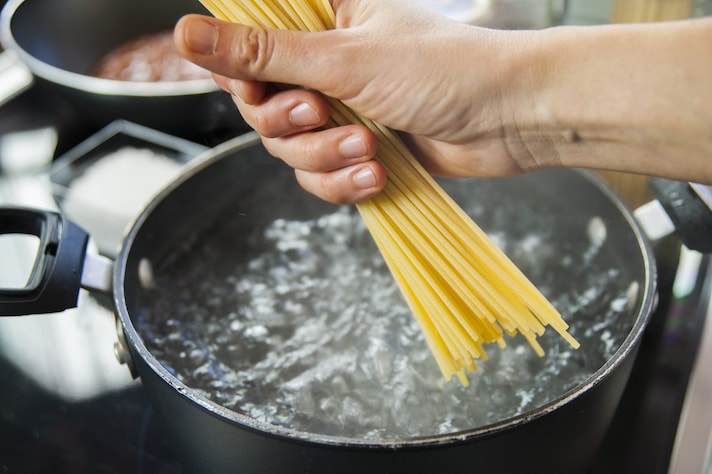
It might seem obvious, but it's less obvious than you might think, because some people still have the unhealthy habit of washing pasta after cooking, following the popular belief that this helps it cool down quickly. And, believe it or not, some people sometimes even wash it before cooking. Let's reiterate this once and for all: pasta should never be washed, no matter what shape you're cooking. When it comes into contact with water, pasta loses much of its starch, the component that ensures proper cooking and a perfect combination with the sauce, ultimately ruining the flavor and texture of the product. Once cooked, pasta should only be seasoned, not washed.
3. Eggs
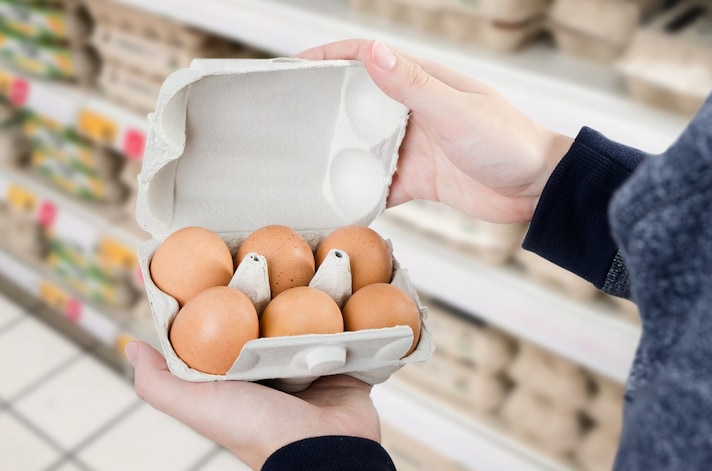
Sometimes eggshells can have small traces of dirt, a few stains, or fluff residue: instinctively, you're drawn to turn on the faucet and wash them, but even then, it's best to pause and think before acting. Washing eggs before cooking them can be dangerous to your health: water removes part of the protective membrane on the shell, making it a perfect breeding ground for germs, bacteria, and external contaminants of all kinds. If you really want to remove any remaining dirt from the outside of the egg, gently rub the shell with a slightly damp cloth to remove any impurities, always being careful not to break it.
4. Mushrooms
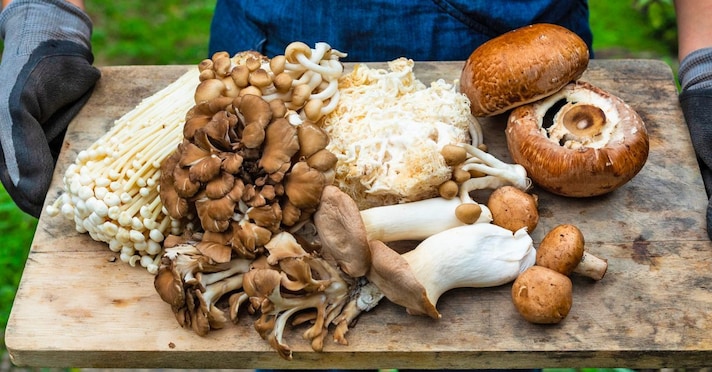
It's very easy for mushrooms, after being picked, to still be dirty with dirt, but that doesn't mean you have to wash them: cleaning them is important, but washing them is a mistake, and in this case the risk isn't food safety but the success of the dish. In fact, mushrooms, regardless of the variety you're about to cook, have a particularly spongy and absorbent texture, and water makes them soft, rubbery, and decidedly unappealing. How do you remove dirt and grime? A slightly damp cloth or simple kitchen paper will suffice: gently rub away the dirt and the mushrooms are ready to cook.
5. Pre-Washed Products
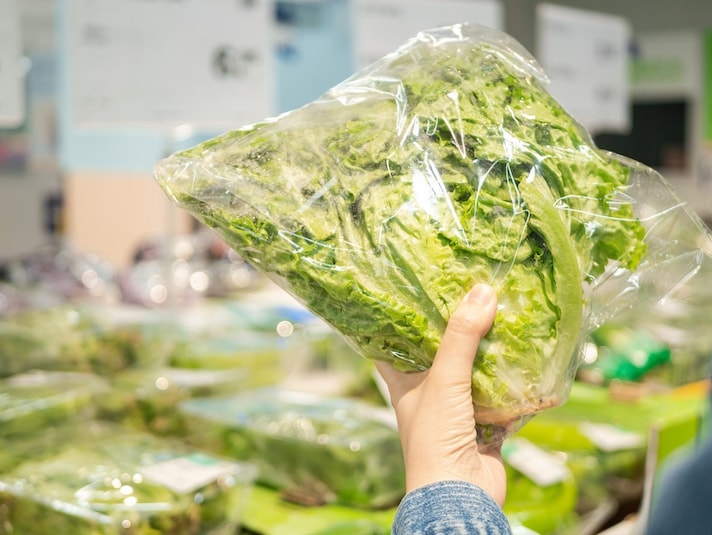
Should you wash pre-cut and packaged salad and fruit? It's not enough just to put them in a bag or plastic container: the answer lies in the label. If the packaging says "pre-washed," there's no need to wash the product again before eating it. The reason is simple and has nothing to do with taste, germs, or bacteria: it's a pointless practice that wastes time and wastes easily avoidable water. Packaged products are processed industrially and are thoroughly washed and sanitized before reaching supermarket shelves.
6. Dried Fruit
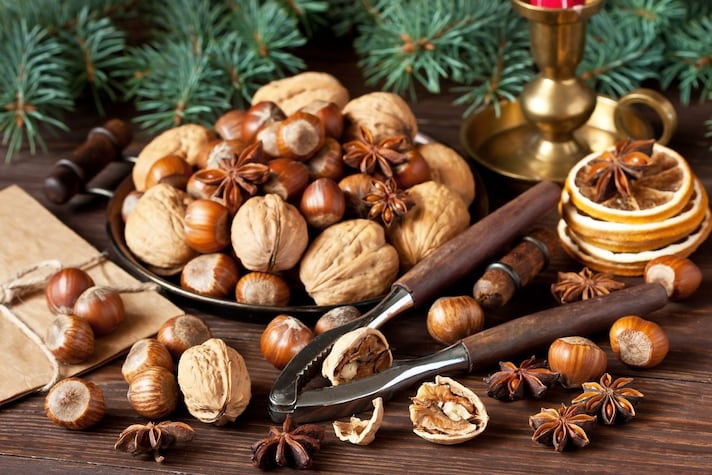
This is a less common mistake because dried fruit is often purchased ready-to-eat at the supermarket, but if you happen to collect almonds, hazelnuts, walnuts, or chestnuts in the wild, they may have traces of soil on their shells. You absolutely must not wash them to remove dirt: water could introduce moisture, encouraging the growth of mold and bacteria, and water can also remove the natural protective film that helps preserve the flavor and freshness of the product. If you want to clean dried fruit, again, rub it with a dry cloth or paper towel.
;Resize,width=767;)
